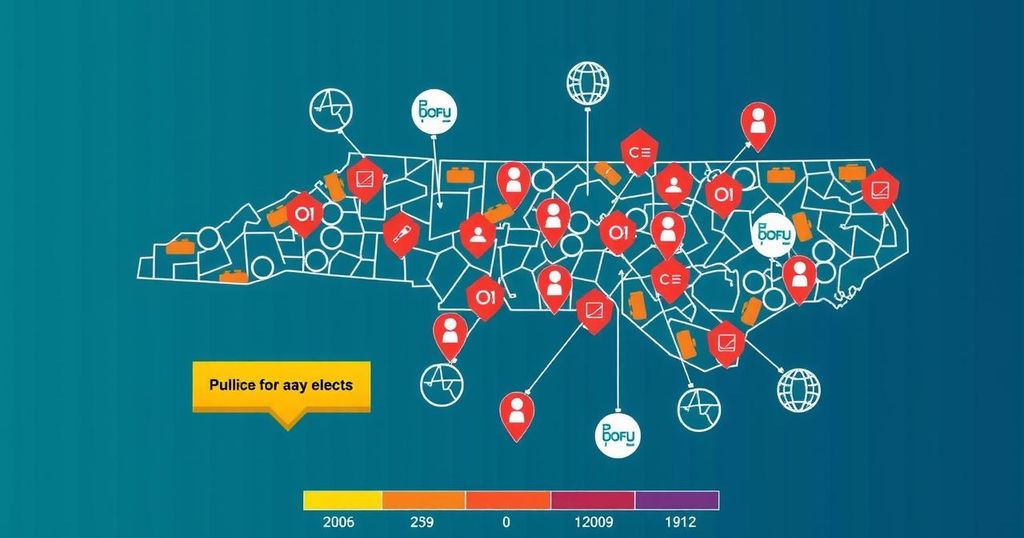Implications of NC’s 2024 Elections on Public Education Governance

The 2024 NC elections have reshaped public education governance with Mo Green as superintendent advocating for more funding, supported by Democratic leaders. The breaking of the Republican supermajority in the legislature opens doors for potential bipartisan cooperation on educational policies, focusing on resources for public schools, teacher salaries, and student support.
The 2024 North Carolina elections have resulted in significant shifts in the state’s educational landscape, potentially transforming the dynamics of public education governance. With the election of Democrat Mo Green as the new superintendent of public instruction, the state poised to experience a change in direction concerning educational policies. Green’s focus on increasing state investment in public schools, alongside the election of Democratic leaders like Governor Josh Stein and Lieutenant Governor Rachel Hunt, signifies a growing push for improvement and equity in education. Green advocates for enhancing funding for early education, teacher compensation, and support for disadvantaged students, all aimed at revitalizing public schools that have faced challenges due to insufficient funding. This new leadership may foster collaboration and bipartisan effort, particularly as the supermajority held by Republicans in the state legislature has been weakened. Key stakeholders posit that a balanced governance structure could enable constructive dialogues and policy development that align closely with the educational needs of North Carolina’s students. The State Board of Education, under Green’s leadership as secretary, is likely to work more effectively with the legislature to seek adequate funding and support for public schools. However, the ongoing tension regarding authority over the board, coupled with political maneuverings seen previously, could complicate efforts. Observers note a cautious optimism about the prospects of the state legislature embracing a collaborative spirit to prioritize public education funding and governance in a manner that reflects the will of the electorate.
The 2024 election results in North Carolina reflect a significant political shift that could influence the future of public education in the state. With recent elections leading to a reduction of Republican supermajority control in the legislature, the Democratic leadership now in place may have the opportunity to enact policies aimed at strengthening public schools. The addition of key Democratic figures in various educational roles, including the governor and the lieutenant governor, suggests a renewed focus on educational equity and investment. The shifting political landscape is considered a crucial factor in determining how resources will be allocated and how educational governance will be structured going forward.
The recent election results in North Carolina represent a pivotal moment for public education, as newly elected officials champion increased funding and policy reforms designed to uplift the educational system. The combination of a broken supermajority, the election of key Democratic leaders, and a focus on equitable educational practices suggests a potential shift towards collaborative governance. Moving forward, stakeholders will be attentive to how these developments influence funding allocation, support for educators, and overall educational governance in the state.
Original Source: www.charlotteobserver.com








